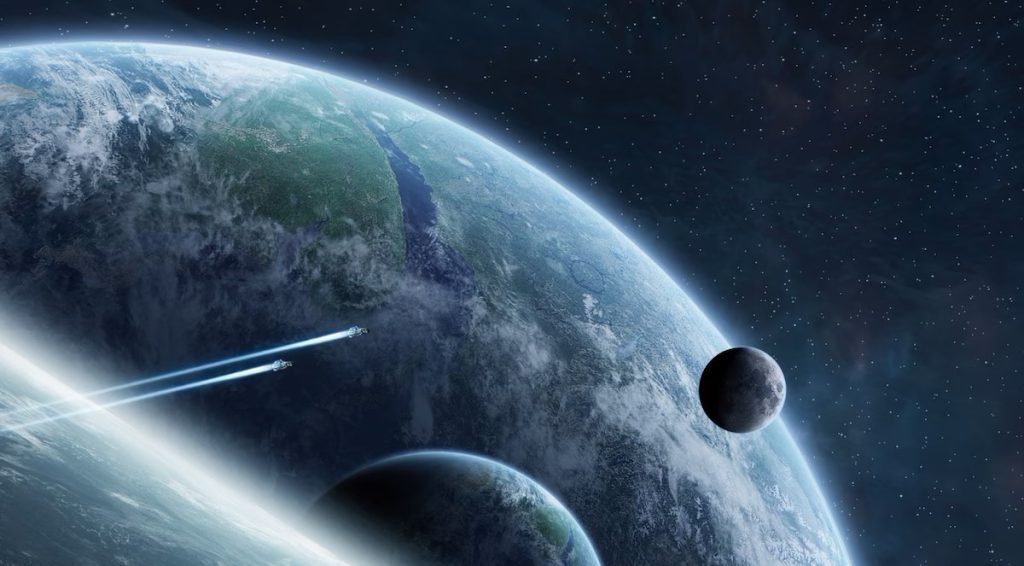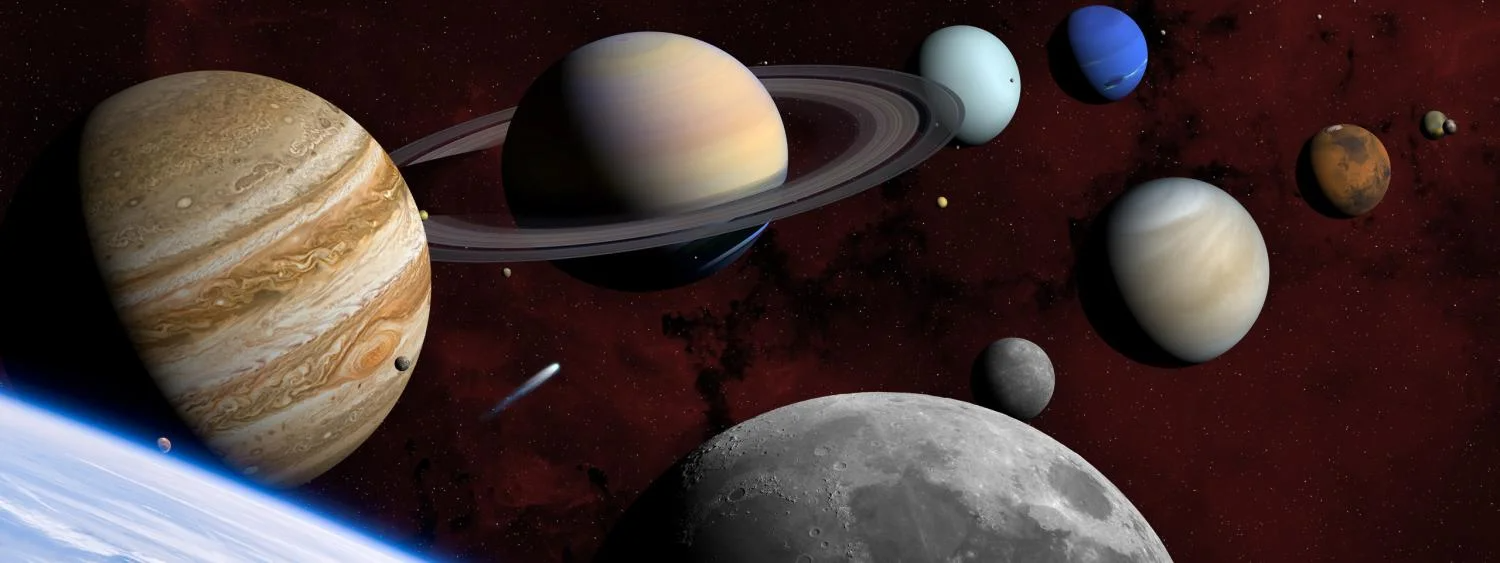Planetary science is a fascinating field that encompasses many disciplines, like geology, physics, biology, and even chemistry. One can dive into the universe’s depths and find out Mind-Blowing Facts About Space Exploration and Discoveries. This knowledge is not merely a collection of facts but a journey revealing the unknown about our solar system.
Key Insights into Astronomy: Understanding Planets, Stars, and Galaxies
Astronomy, the science of celestial bodies, helps us appreciate the vast universe. Fun facts about space often baffle us, like our solar system‘s age, calculated to be about 4.6 billion years. In this same timeframe, astronomers estimate our galaxy, the milky way, took form. Essentially, our entire cosmic neighborhood, spanning billions of light years, was born from a cosmic event known as the big bang that occurred 13.8 billion years ago.
Space Exploration: Discoveries That Expanded Our Horizon
Through progressive space exploration, modern technology and advanced telescopes like the hubble space telescope have aided humanity in uncovering secrets in outer space. When exploring the milky way galaxy, one of the astronomical phenomena we’ve discovered is the existence of a supermassive black hole at the center, a strange space anomaly. Remarkably, it’s at the center of the milky way and about 26,000 light years away from us.
Probing into the Universe: Discussing Space Phenomena
Among the awe-inspiring phenomenon is the look into Mercury, the closest planet to the sun in our solar system. Interestingly, the hubble space facts reveal that Mercury’s day lasts 59 earth days as it takes about 88 Earth days to orbit around the sun. Another fascinating entity is a black hole that is a region in space where gravity pull is so strong, not even light escapes, making space is completely silent.
The Debate on Space Exploration: Costs and Rewards
Many argue that space exploration is a costly venture. However, the unique knowledge about our solar system and its billions of stars galaxies, vast cosmic entities that are millions to billion light years away, makes it worthwhile. The International Space Station (ISS), for instance, offers a unique platform for research and paves promising paths for future explorations.
Galactic Phenomena: Unfolding the Mysteries of Space
Mercury Facts: Revealing Insights Into the Closest Planet to the Sun
Mercury is the most intimate planet to the sun in our solar system. It completes an orbit around the sun in only 88 Earth days, yet a solar day lasts 59 earth days due to its slow rotation on its axis.

The Majestic Rings of Saturn: An Incredible Astronomical Phenomenon
Saturn, our solar system’s second-largest planet, is famous for its majestic rings that arose around 100 million years ago. The hubble space telescope has offered significant insights into its broad and bright disc structure.
Planetary Orbits: Venus’ Unique Year and Day Ratio
Venus, the second planet in our solar system, has a unique year and day ratio. Amazingly, its day (243 Earth days) is longer than its year (225 Earth days), a funny fact that most have found amusing.
Earth and Moon: The Unique Relationship in Our Solar System
Our Earth and the Moon have an extraordinary relationship in the solar system. The moon’s gravitational pull causes the tides on Earth, and its phases bring us variations in the night sky.
Space Anomalies: The Existence of Black Holes in the Milky Way
The presence of black holes in the milky way has been one of the most riveting space discoveries. These space bodies, light cannot escape, exert an immense gravitational pull making space is completely silent – an observation made by astronomers when studying the supermassive black hole in our milky way galaxy.
Final words, each fact one learns about our solar system and the broader universe showcases the vastness of the cosmos. The collection of information over billion years presents impressive realities and potential opportunities. Astral entities like Mercury, Venus, and the Moon, or the rings around Jupiter and Saturn, or even a black hole‘s existence, all enrich the understanding of the cosmos – a testament to our collective journey as humans in the pursuit of knowledge.

